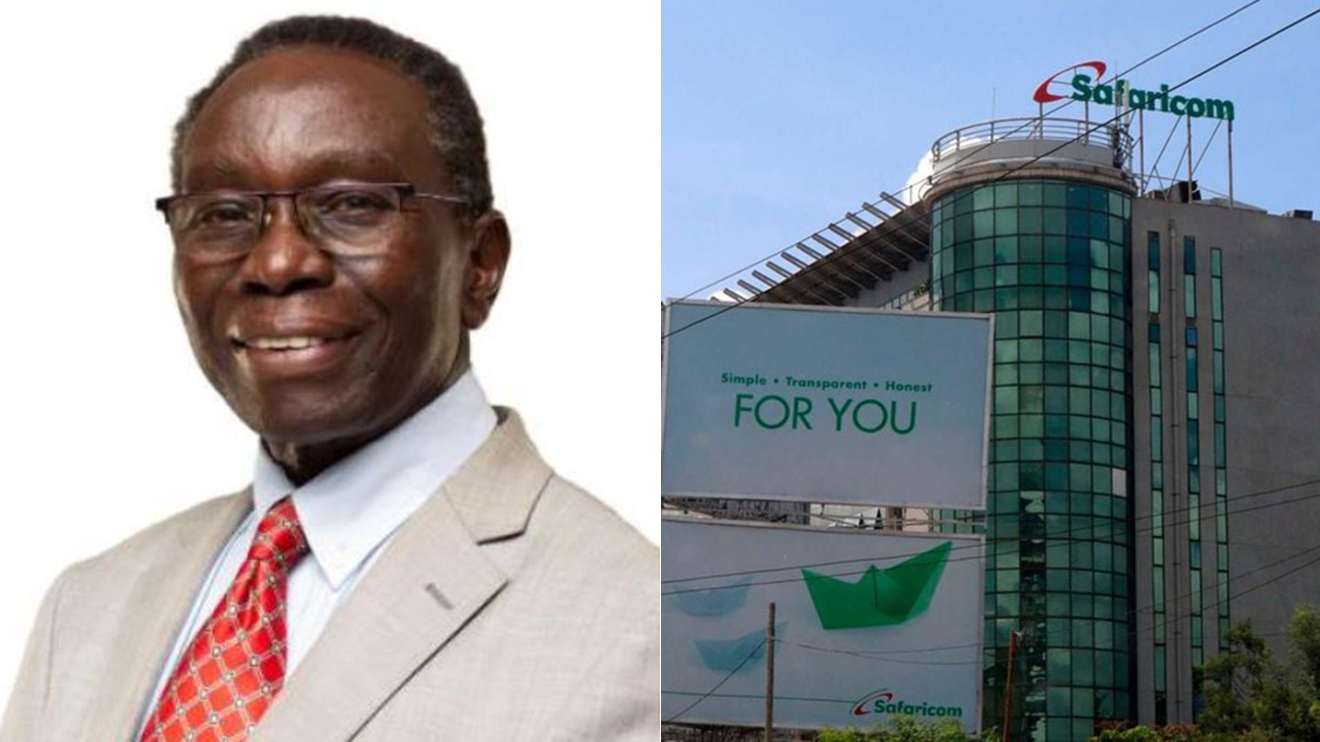Billionaire John Kibunga Kimani, a man known for his shrewd business instincts, has quietly become a major player in the recent shift of ownership within Kenya's telecommunication giant, Safaricom.
In the six months leading up to December 2023, Kimani strategically amassed an additional 8.64 million shares, bringing his total stake to a respectable 27.7 million units.
This calculated move positions him as the second-largest individual shareholder from East Africa, only a whisker behind the Solanki duo who hold 40.41 million units.
Kimani's strategic timing is noteworthy. Safaricom's share price has experienced a significant dip, dropping by 20.6 per cent between June and December.
This decline, however, hasn't deterred Kimani or a growing number of local investors who see an opportunity in the discounted price. In contrast, foreign corporate investors have chosen to retreat, opting to reduce their exposure to the stock.
Read More
This trend signifies a fascinating shift in the ownership landscape of Safaricom.
Retail investors, who previously sold off shares chasing profits after the company's IPO in 2008, are now cautiously returning, lured by the lower price tag.
This renewed local interest is particularly evident among those holding up to 100,000 shares each, a group that has been steadily rebuilding its position over the past two years.
Kimani's substantial investment underscores his confidence in Safaricom's long-term prospects.
His bold move echoes a wider sentiment among local investors who perceive value in the company despite the recent price dip.
This shift in ownership could have significant implications for Safaricom's future direction and its relationship with its diverse shareholder base.
Only time will tell if this opportunistic buying spree by local investors will be rewarded, but one thing is clear: Kimani's strategic bet has placed him at the heart of a fascinating chapter in Safaricom's ongoing saga.








